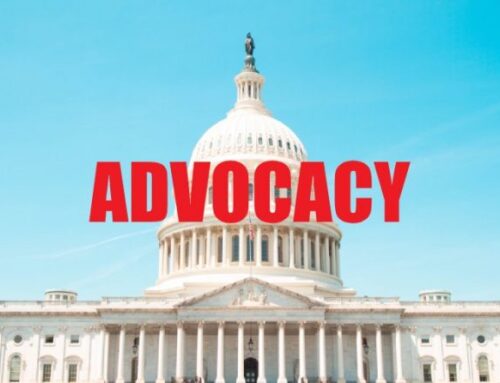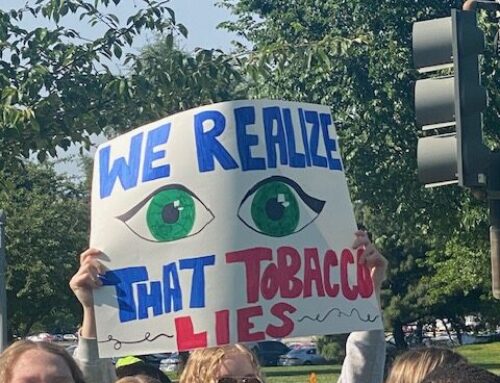Counter Tools envisions a nation where healthy living is equitable across communities and every person has access to healthful choices. We recognize the enormous impact of food access and food security on health and well-being. As our nation struggles amid the COVID-19 pandemic, the importance of strengthening our food and nutrition security systems continues to become more obvious. Even before the pandemic, nearly 30 million students were eligible for free or reduced-cost meals at school. Now, as the impact of COVID-19 on the economy makes it even harder for families to put food on the table, students across the country have lost access to the place they depend on for a consistent source of nutritious food.
The Pandemic Child Hunger Prevention Act would make all students eligible for free school meals during the 2020-2021 school year. If enacted, it would allow all children, regardless of family income, to access breakfast, lunch, and afterschool snack programs either in school or through “grab and go” and delivery options. By providing universal free breakfast and lunch to students nationwide, the legislation would remove administrative burden and ensure that all children have access to a nutritious meal, regardless of varied school structures and continued economic uncertainty. This is why Counter Tools has joined with other public health organizations across the country in support of this legislation.
Below is the text of the letter sent to Congress, or you can view the PDF version with the full list of organizations here: Universal Free School Meals Sign-On Letter
Dear Member of Congress,
On behalf of the 126 undersigned organizations, we urge you to support H.R. 7887, the Pandemic Child Hunger Prevention Act. Providing free school meals for all children during the 2020-2021 school year as a response to the COVID-19 pandemic will ensure that all students get two healthy meals every school day regardless of family income and what the new school day structure looks like.
Food insecurity, particularly in children, has only increased during this crisis. The pandemic has shined a bright light on all the fissions in our food and nutrition security systems, particularly for low-income and historically marginalized communities. With growing unemployment, increasing uncertainty surrounding the school year, and rising food insecurity – one in four children are expected to be food insecure due to the pandemic and Black and Hispanic households are twice as likely to be food insecure compared to white families – free school meals for all children gives us a powerful tool to keep kids from going hungry during these unprecedented times. Before the pandemic, school meals were often the only guaranteed meal for millions of children, and free school meals for all children helps keep these services going so a child’s access to food isn’t dependent on income during a public health and economic crisis.
Given the economic volatility and the massive influx of children who will be eligible for free or reducedprice school meals, free school meals to all children reduces the burden on families and ensures that children who are newly eligible or on the edge of eligibility do not otherwise fall through the cracks. Free school meals for all children also removes the stigma of children participating in the program, provides equitable access to healthy meals, and provides school food service programs the administrative flexibility and a steady budget so they can shoulder through economic downturn and focus on their primary function: feeding children healthy meals.
Under the Pandemic Child Hunger Prevention Act, free meals would be temporarily provided to all students for the 2020-2021 school year through the School Breakfast Program and the National School Lunch Program. Since participation in the free and reduced lunch program is often used to identify the number of students from low-income families for Title I funding, schools will still be able to collect the necessary data from direct certification of students. Schools will also be able to use data from either school year 2020-2021 or school year 2021-2022, acknowledging that eligibility rates for additional government assistance programs could fluctuate in the upcoming school year. Finally, the bill addresses other child nutrition programs, such as the Summer Food Service Program, the Summer Seamless Option, the Child and Adult Care Food Program, and the National School Lunch Program Afterschool Snack Program, to ensure maximum flexibility for school food service programs to continue to feed children.
We know that families are struggling during this public health emergency. Supporting free school meals to all children and the Pandemic Child Hunger Prevention Act ensures that no child will go hungry, and would bring stability and consistency for the children, parents, and school food service professionals as they transition into uncertain school year. We urge you to support H.R. 7887, the Pandemic Child Hunger Prevention Act.





